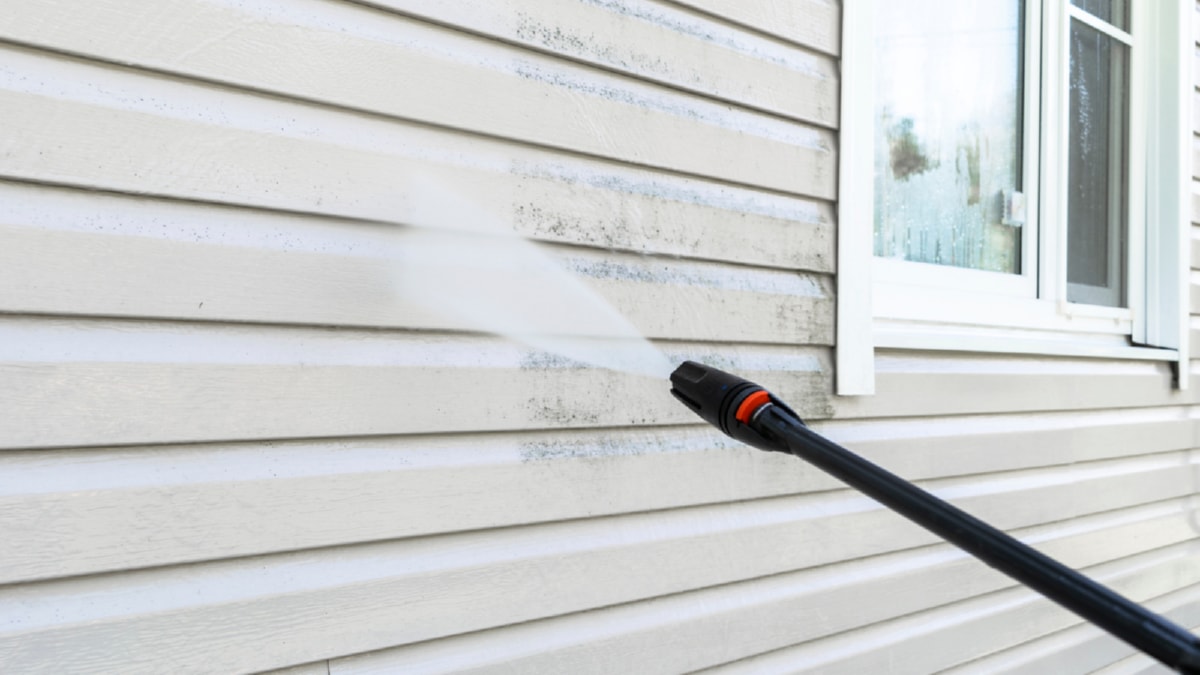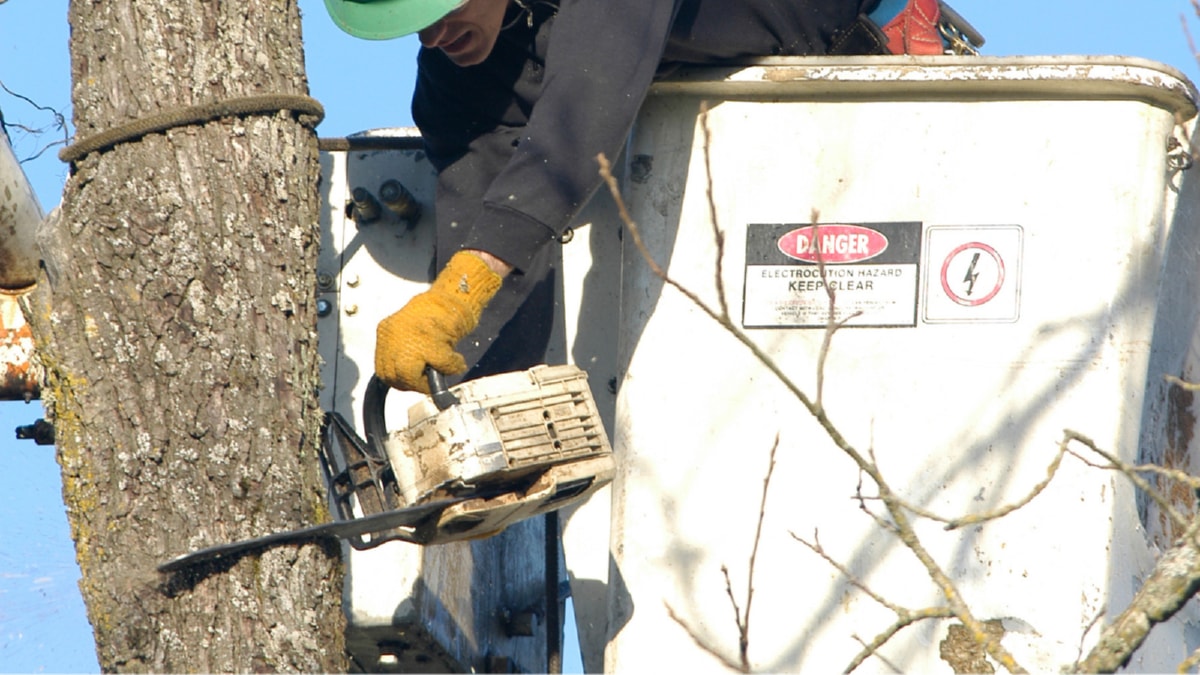Running a successful construction project is not a walk in the park. It requires a meticulous balance of planning, coordinating, and controlling from the start to the end. Here are some top tips to help you navigate this complex process.
Firstly, an exhaustive blueprint at the beginning of the project is paramount. This involves clearly defining the project’s goals, timelines, budget, and scope. It is crucial to carefully chart every detail, including the defining of roles and responsibilities, to ensure that everyone involved knows what is expected of them.
Secondly, effective communication is the backbone of any successful project. Periodic check-ins and updates ensure that everyone is on the same page and that any potential issues are addressed promptly. It is important to foster a culture of open communication where team members feel comfortable raising concerns or suggestions.
Thirdly, risk management crucial is another critical aspect of construction project management. This involves identifying potential risks early on and developing contingency plans to mitigate them. Remember, it’s not about preventing every issue, but rather being prepared to handle them when they arise.
Lastly, leveraging technology crucial can significantly streamline the management process. From project management software that tracks progress and deadlines, to digital blueprint apps, these tools can increase efficiency and accuracy, reducing the likelihood of costly mistakes.
On another note, the importance of green practices in construction cannot be overstated. As the construction industry continues to evolve, so too does its impact on the environment. Therefore, adopting sustainable practices is not just a trend, but a necessary shift.
Construction projects have affordable a significant environmental footprint, from material waste to energy consumption. Adopting green practices can help mitigate these impacts. This involves everything from using recycled or renewable materials, to implementing energy-efficient systems, to creating designs that minimize waste.
Furthermore, sustainable construction eco-friendly is not just about the environment, but it’s also about people. Green buildings often provide healthier living and working conditions, thanks to improved air quality and natural light. This can lead to increased productivity and wellbeing for the occupants.
Lastly, embracing sustainable long-lasting practices can also have economic benefits. While green construction may require a higher initial investment, it can lead to significant savings in the long run through reduced energy costs and maintenance. Moreover, with the increasing demand for green buildings, it can also enhance the project’s marketability.
In conclusion, running a successful construction project requires detailed planning, open communication, risk management, and the use of technology. Simultaneously, integrating green practices into construction projects is vital for environmental sustainability, improved living conditions, and economic benefits. By adopting these practices, you can ensure the success of your construction project and contribute to a more sustainable future.
For more details, check best Kerbing service Kildare Galway Limerick Mayo Offaly or visit their business listing here.



